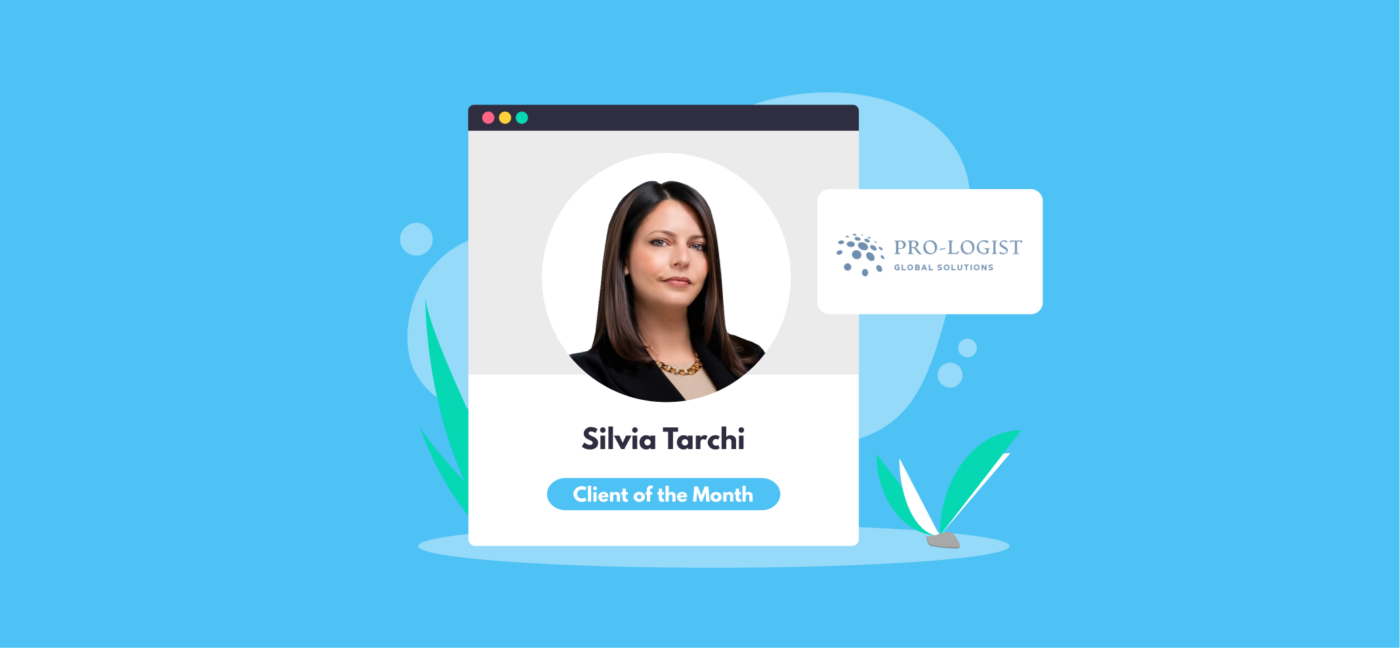

Employer’s Guide to Statutory Sick Pay (SSP)
As an employer it’s your duty to make sure your employees receive the right sick pay if they are unwell and have to take time off work. Known as Statutory Sick Pay it replaces their usual salary, but not everyone is eligible and it can be confusing, especially if you’re a first time employer. Take a look at our quick guide to help.
What is Statutory Sick Pay?
Statutory Sick Pay (SSP) is a legal requirement in the UK, which means employers must pay it to eligible employees who are temporarily unable to work because they are ill or injured.
The idea behind Statutory Sick Pay is to give employees a financial helping hand if they become sick, as well as to discourage the spread of illness by enabling staff to take time off when needed.
What is the current rate of Statutory Sick Pay?
As of 2024/25, Statutory Sick Pay is £116.75 per week. It is paid by employers for a maximum of 28 weeks. The rate was increased from £109.40 per week as of 6th April 2024.
Does the rate of Statutory Sick Pay get reviewed?
The government does regularly review both the eligibility criteria and SSP rate. Any changes then usually take effect from 6th April.
Who is eligible for Statutory Sick Pay?
Only employees who are directly employed by your business can claim Statutory Sick Pay. This means freelancers, contractors and other third-party workers will not be eligible.
Employees must also have been ill for a minimum of 4 consecutive days (which includes non-working days) and earn an average of £123 or more per week before tax.
Which employees don’t qualify for SSP?
An employee may not be entitled to Statutory Sick Pay if:
- The maximum claim period of 28 weeks has now passed
- They are claiming Statutory Maternity Pay
- They have had more than 3 years of ‘linked periods’ of illness (this means 4 or more days of sickness have occurred within 8 weeks of each other)
What options are there for employees who don’t qualify for Statutory Sick Pay?
Employees who aren’t eligible for Statutory Sick Pay may be able to claim Employment and Support Allowance (ESA) or Universal Credit, depending on their personal circumstances. They may also be able to claim if their Statutory Sick Pay runs out.
Can you get Statutory Sick Pay if you’re self-employed?
Statutory Sick Pay (SSP) is paid to employees by employers, so you can’t get SSP if you’re self-employed because you don’t technically have an employer.
What is the difference between sick pay and SSP?
Sick pay and Statutory Sick Pay (SSP) are similar but not quite the same. Sick pay is a general phrase that covers any payments an employer makes to an employee that has been away from work because of an illness or injury.
Sick pay could be SSP (i.e., required by law), or it could be a voluntary or discretionary payment made to employees as part of their contract. You might also see this referred to as occupational or contractual sick pay. Some employers offer both, but they only need to pay SSP as a minimum.
The takeaway point is that Statutory Sick Pay (SSP) is a legal requirement, whereas other types of sick pay may not be.
What is paid time off (PTO) and how is it different to SSP?
Paid time off (PTO) is an umbrella term that covers a range of different types of leave that you may offer your employees. As well as sick leave, it also includes things like bereavement leave or holiday leave.
The big difference between PTO and SSP is that as an employer you legally have to provide SSP if an employee is eligible. PTO, on the other hand, is discretionary. They also have different rules and criteria.
Do I need to see evidence for SSP?
If your employee is off sick for 7 or more days in a row (including days they don’t normally work), you can ask them for a fit note as evidence. 7 days must have passed though, and if the employee is late showing you their fit note, you’re not allowed to withhold SSP from them.
You should only accept fit notes that have been given to your employee by one of these healthcare professionals:
- Hospital doctor or GP
- Pharmacist
- Registered nurse
- Physiotherapist
- Occupational therapist
It doesn’t matter if the note is printed off, sent digitally or handwritten.
Is there anything else that can be used as proof of illness?
Instead of a fit note, an employee could instead offer you something called an Allied Health Professional (AHP) Health and Work Report. These are usually provided by occupational therapists, podiatrists, or physiotherapists.
When should an employee tell their employer they are unwell?
For an employee to be eligible for Statutory Sick Pay, they need to tell you about their illness or injury as soon as possible. This is generally within the first 7 days of the illness or injury occurring and can be done over the phone or in writing.
How do I pay SSP?
Employees should receive their Statutory Sick Pay payments in the same way they usually receive their wages. For example, if you normally run payroll each week, then you must pay sick pay at the same time. If payday is usually the last working day of each month, that’s when you should pay any sick pay too.
You’ll need to tell HMRC about each employee who is sick, what payments you are making to them, and whether this includes any Statutory Sick Pay when you submit your payroll reporting.
Make sure that their payslip clearly states how much they will be paid, and what the amount consists of. This means their payslip must show a breakdown of pay for regular hours worked, and how much is sick pay, and so on.
What happens if sick pay runs out?
An employee who is off sick will still build up their annual leave, so they can ask to use their holiday entitlement instead. Again, they may also look to claim certain government benefits. You will need to send them a SSP1 form within 7 days of it ending. They can then use the SSP1 form to support their application for Employment and Support Allowance (ESA) and/or Universal Credit.
Bear in mind that even once their sick pay has run out, an employment contract still exists between your organisation as their employer and them as the employee.
This means that as their employer, you still need to keep in touch with them while they’re off and clearly outline to them what sick pay they are entitled to and how long for. The employee should also keep you updated on their condition and follow the organisation’s sickness policy.
Looking for great value online accountancy support for your business? Get in touch with our friendly expert team on 020 3355 4047 and get an instant online quote.
Want to learn more?
Subscribe to our newsletter to get accounting tips like this right to your inbox

Read more posts...

April 2024 Client of the Month: Pro-Logist ltd
23rd April 2024This month we spoke to Silvia, Managing Director of Pro-Logist ltd! Pro-Logist ltd | LinkedIn Hey Silvia! Tell us about your business Pro-Logist,…
Read More
The Self-Employed Guide to Retirement Planning
19th April 2024Pension planning is often something we forget about until later in life, but the earlier you think about it, the better. Everyone…
Read More
14 Accountancy Terms Explained for Startups
17th April 2024Starting a business can be complicated enough, especially with all the new lingo that crops up along the way. In this article…
Read MoreConfirm Transactions
The number of monthly transactions you have entered based on your turnover seem high. A transaction is one bookkeeping entry such as a sale, purchase, payment or receipt. Are you sure this is correct?
Please contact our sales team if you’re unsure
VAT Returns
It is unlikely you will need this service, unless you are voluntarily registered for VAT.
Are you sure this is correct?
Call us on 020 3355 4047 if you’re not sure.
Bookkeeping
You will receive our bookkeeping software Pandle for free, as part of your package.
You can use this to complete your own bookkeeping, or we can provide a quote to complete your bookkeeping for you.
Please select and option below:
Call us on 020 3355 4047 if you’re not sure.

